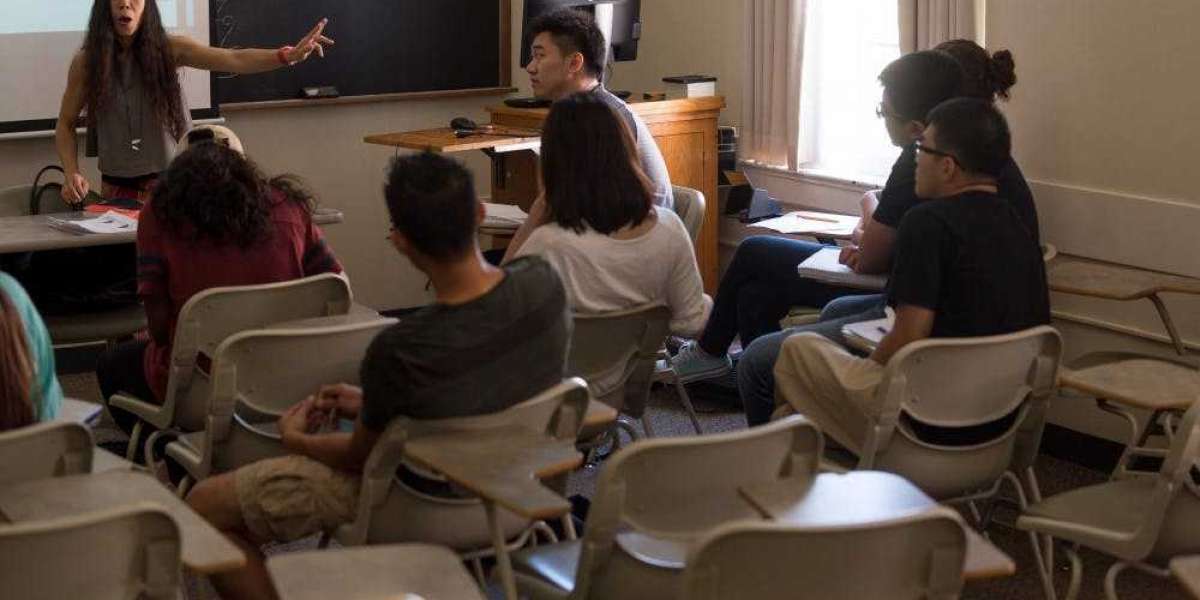"For any person in any major, the experience is transformative," said Michele Petrucci, IUP's assistant vice president for International Education and Global Engagement. "It makes students more reflective, and it emphasizes to them what it truly means to be an American and where America stands with the rest of the world."
Petrucci said the experience, in addition to providing an education about other cultures, gives students a firsthand civics lesson on voting, banking, and the rights of women -- things many of them think little about when they are at home. She said studying abroad also differentiates them in the job market.
Two IUP students who recently studied abroad with scholarship assistance from a fund established by 1979 IUP graduate Marla Sabo attest to those very benefits Petrucci described.

Alex Fidler [courtesy of Alex Fidler]
For Alex Fidler, an International Business major from the Reading area enrolled in the Cook Honors College, visiting Germany for a second time was important to her. In her first trip, she lacked expenses to travel anywhere beyond Bayrischzell, where she lived and worked independently in the summer of 2010. Last spring, she enrolled in the University of Applied Sciences in Nuremberg and, thanks to the scholarship support, was able to extend her travel to locations like Bamberg, with fellow students who were on exchanges from other countries, and to Salzburg, Austria.
"I am the only American student in the exchange group, and all my friends were from different countries. It's really nice to have totally new perspectives on everything," Fidler wrote in an e-mail message while in Nuremberg. "Even though most of the other exchange students are from various countries and cultures, I found all of them to be very open and friendly. I think this is just spectacular."
Arria Washington, who transferred to IUP from the University of Maryland as a junior, spent the fall semester in Seoul, South Korea, and graduated in May. An aspiring teacher of English as a second language who wants someday to pursue a Fulbright scholarship, she studied Korean through IUP's Critical Languages Program.

Arria Washington [photo: Keith Boyer]
While she said she learned a great deal of the Korean language here at IUP, continuing her study at Korea University was more intense. Her experience included teaching English to children, which enabled her to see firsthand how young students actually learn a new language.
"In my culture class, we took a different trip every week," she said. "But, the funds I received from the scholarship allowed me to explore even more."
IUP sends between 225 and 250 students abroad each year. Roughly 100 travel through faculty-led excursions that last a few weeks. The balance of them have semester-long experiences. They study at one of the 50 to 60 universities with which IUP has a formal exchange agreement.
Petrucci said the most consistent stumbling block is money.
Several IUP students have received the prestigious Benjamin Gilman Scholarship, an award made by the U.S. Department of State that funds international study experiences for American college students. However, there are not many alternative funding sources, Petrucci said, leaving students and their families to foot the entire bill. The cost of tuition and housing is generally about the same as they would pay at IUP, but in-state students are required to pay out-of-state fee rates to cover the cost of the exchange student who will take their place at IUP. Travel, passport, and visa costs are what put students in the financial hurt locker-between $4,000 and $5,000.
Still, Petrucci believes the additional expense is worth it, if students can find the means to pay.
"My hope is that when students return, they are more informed and have a deeper appreciation for what they have here," Petrucci said. "And, I always hope, someday, they will use their experiences to provide constructive criticism to improve our country.
Source: https://www.iup.edu/magazine/feature.aspx?id=157519





